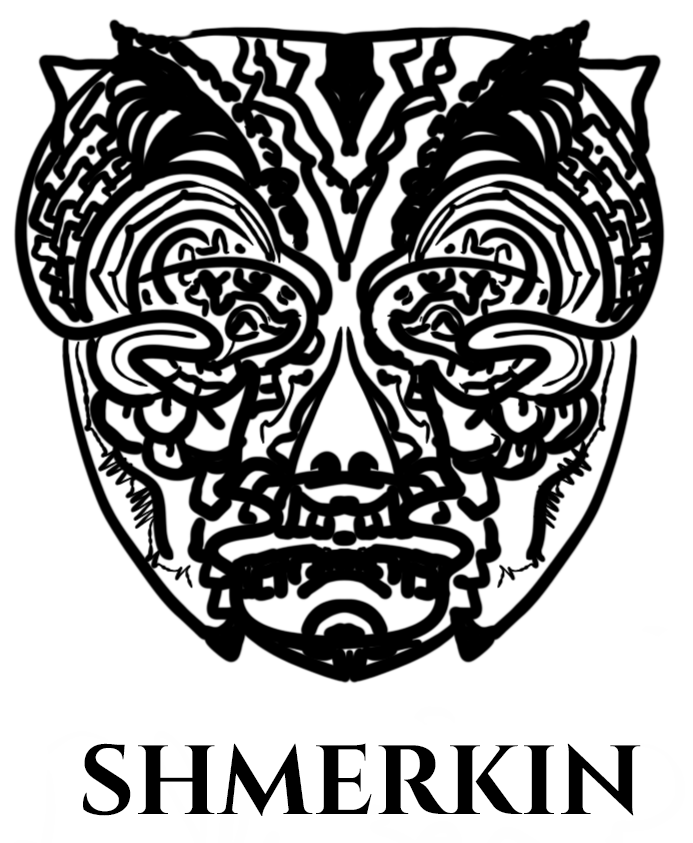Remote Pre-Interview Candidate Testing: Meaningful of Meaningless?
I’m cool with taking tests. In fact, I love it. Just now I finished one attributing quotes to either Kafka’s “The Trial” or Orwell’s “1984” (aced it). A few years back I took an online test “which political party would you wind up joining during the Russian revolution of 1917” and found out that I’m a center-leaning social democrat (good to know). Another time I’ve collected £60 million worth of fine art by figuring the difference between the works of renowned painters and rubbish. It’s always fun, you can brag about it to your friends on social media and, most importantly, it’s not real. Other than delivering some entertainment value, the results of these tests don’t mean anything just as Cardi B’s thoughts on social justice reform are mostly Twitter fodder.
A whole different ball game is testing for work. An organization attempting to make a new hire is keen on finding out whether the bet it’s about to make is the right one, and that’s fair. But, as the oldest truth in sales goes, you have to earn the right to ask questions. There has to be a back-and-forth in a process in which multiple parties stand to benefit. Otherwise, the company’s sincere desire to get to know a prospective employee better turns quickly into an episode of “Guantanamo: The Last Interrogation” and that’s not going to do anybody any good.
Couple of days ago, I sent my CV to a large company – international, well-known. A solid shop all around. The position was marked “entry level” but I’m looking to update and replenish my client list that took a pretty heavy hit over the last few weeks, so I went for it.
The very first communication I received back was a lengthy auto response assigning me a call-number in a most Orwellian fashion stating that the selection process for the position of Content Marketer is going to be “rigorous, fair and consistent for everyone who applies.” Fair enough, the company wants to make sure that I’m a “great fit for its business”, and that it’d be a great fit for me as well (at least, that was their stated intention as worded in the letter). They claimed they wanted to “understand my passions and what drives me to make a real difference in their organisation.”
Again, fair. What’s cringe-worthy is the methodology. Whoever’s in charge of the company’s HR department felt that the best way to go about discovering things about my “passions”, “drives”, and the rest of it would be to put me through a series of tests. Way prior to seeing my face, hearing my voice, and discussing my future duties, the HR people wanted me to go through:
- Culture Questionnaire
- Cognitive Tests – verbal and numerical reasoning
- Telephone Interview (I guess, that’s where I finally get to find out whether the company is a “great fit” for me and I for it)
- Leadership Preference Questionnaire (whatever that is)
- Face-to-face Interview (I’m guessing, this “journey” was conceived way before the quarantine and they didn’t bother to adjust)
- Assessment Exercises (WTH? Puzzles and play cubes?)
Short of attaching leads to my head, this seems like an entry package for a CIA recruit, wouldn’t you say? The company in question, however, is in mundane consumer goods and has nothing to do with space, rocket fuel, radioactive materials or state secrets.
As you can probably tell, I was taken aback by this charade. As a content developer with immense experience I know how to do my part in cultivating a brand. I’ve been doing what I do for a long time with clients ranging from massive multilevel international organizations to my neighbor who wanted me to show him how to use Photoshop. And I know that, had I been in the market for an associate, the very starting point, the pinnacle of the relationship would be to try to connect on a personal level – face-to-face. I could never understand this persistent HR trend to liken the selection process to a video game when you’re rewarded with points and “health” every time you do well. Unlike video games when you see your success on screen in real time and, as a rule, the progress is irreversible, abstract remote pre-live interview testing of a candidate – before he or she even knows what their charge is going to be (let alone, the comp package) is hands-down pointless. What are the guarantees that the candidate who passed the test with flying colors won’t wither and fade after three months of this kind of “corporate culture” pressing down on them? Could it be that they just need a job and would do anything to circumvent the system? How do the testers even know that it was the prospect who took the test and not his mathematician-wife or her CMO-husband?
Will I pursue the opportunity with this company? Not unless starving. Will I recommend it to my friends and colleagues? Probably, but not without a cautionary tale of the company’s wasteful testing policies (in response I’d probably get something like “hey, man, I need work, OK? So I’m biting the bullet.” What a spirit to start a new chapter in one’s professional life!).
Why not just make it easy on everybody? Why not a simple “thank you” message coming from a real person (who among us doesn’t hate letters from HR with “do not respond to this letter” in bold?) as a reaction to an intriguing resume? Add a thorough job description (perhaps, outfitted with details not mentioned in the listing) and at this point it’s plenty. Honestly, just let me know what exactly it is you want me to do for your organization, and ask me if that’s something I want to be doing. In other words, let’s start a conversation. Whether you end up hiring me or not, I promise you, this mode of communication will enrich us immensely on both personal and professional level.

